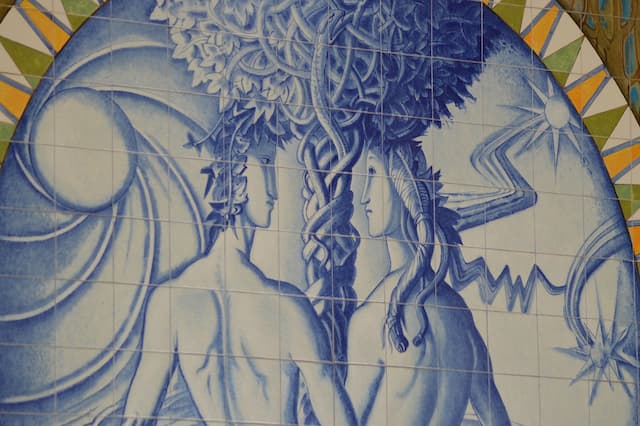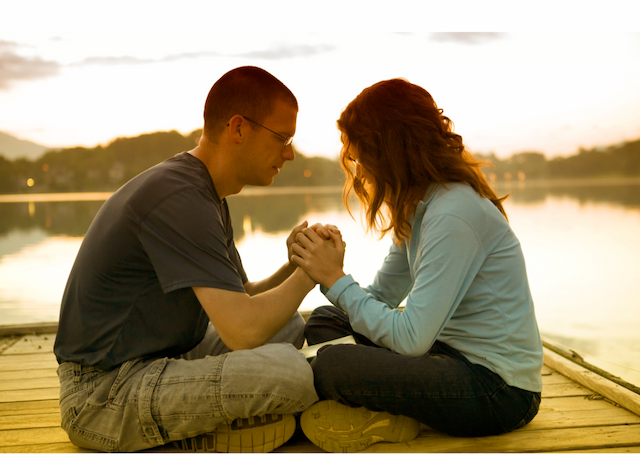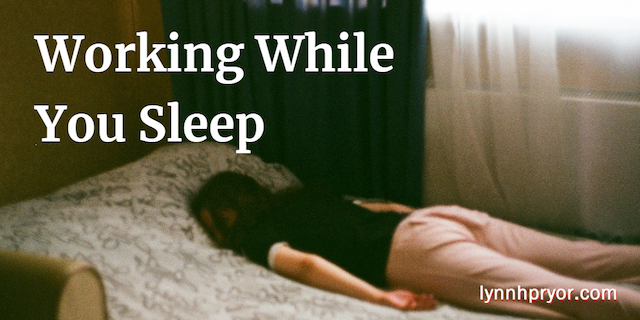Five Reasons Why The Book Is Better Than The Movie
I hear it all the time. “I liked the book better.” “The movie isn’t anywhere near as good.” “They completely changed the story.” “The book is better than the movie.”
And I usually just sit and listen to the critiques. In these conversations, my friends are almost always more emotionally invested in the characters and plot than I, so who am I to argue? But today, I will argue. A little. Here are five quick reasons why the book is almost always better than the movie.
Reason 1. They don’t turn bad books into movies.
If someone has raised millions of dollars to turn a book into a movie, chances are that the book was pretty darn good to begin with. Or at least, the author has a following worthy of large-scale investment. These days, there are scores of people—book publishers, entertainment agencies, and literary agents—all in the pipeline to identify books that might be adapted into a movie, some as early as the proposal stage. According to Vanity Fair, at least 39 books were adapted into major feature films in 2023. That sounds like a lot, but there are thousands of books published every year. So you can be certain that books are carefully reviewed and vetted, and only the really good books have even a small chance of being adapted to the silver screen.
Reason 2. Movies and Books are very different artistic mediums.
When I was learning how to write screenplays, my most common critique was that my script read like a novel. I had to learn that good movies don’t tell, they show. And that’s one of the fundamental differences between a novel and a movie script. In a novel, you are allowed to express what your characters are thinking, feeling, observing. But good movies don’t exegete or explain—instead, the character must show what they are feeling, show what they are thinking, show what they observe. Good movies must imply motivation or thought, or leave it up to the viewer to extrapolate it. This is why the original 1984 movie Dune has had such bad luck cinematically. So much of what Frank Herbert wrote in his compelling novel—from character motivation to philosophy to culture—was in the character’s minds. Comparing movies and books is really the proverbial apples and oranges.
Reason 3. It’s easier to write a great book than to make a great movie.
Orson Welles famously said, “A writer needs a pen, an artist needs a brush, but a filmmaker needs an army.” So many things need to come together to make a good film—a compelling script, a visionary director, an exceptional ensemble of actors, a talented and well-resourced cinematographer, wardrobe, locations, film and audio editors, and on and on. Oh, and oodles and oodles of money. Any weak link in the chain shows in the final product. In contrast, the novelist only need a great idea, time, talent, a patient editor, and a quiet room to work. It’s no wonder that movie adaptations often fail to deliver on what might be amazing source material.
Reason 4. It’s not how I pictured it.
Ever seen a movie adaptation and thought, that character is not how I pictured him/her? The thing that propels a book or novel is the imagination of the reader. When we read a story, we paint pictures of the characters and the settings and the entire world in our minds. Really, that’s the beauty of the written word. Unfortunately, when we watch the movie version, it invariably doesn’t match the pictures in our heads. And sometimes, it’s hard to get over that.
Reason 5. You’re a snob.
Let me just say—with deep respect—that if you’re reading my blog post, you’re probably a reader. And if you’re a reader (a whole lot of people are not!), then you may naturally prefer reading a book to watching a movie. You may prefer the literary arts to the visual arts. And that’s okay.
Just don’t be one of those people who claims that the book is better than the movie when you’re actually trying to say, “I’m smart because I read.” I would presume that a good number of books might be “better” than the movie. And I would also presume that the majority of those same movies have interpreted their source material in creative and artistic ways. So it’s simply better to say, “I prefer the book over the movie.”
Unless it was the 1984 movie Dune. That was pretty bad.
[Banner photo by Noom Peerapong on Unsplash. Other photos by Avel Chuklanov on Unsplash and Ed Robertson on Unsplash.]






